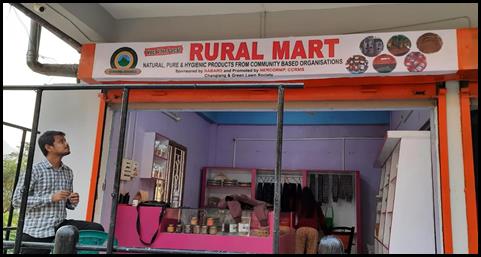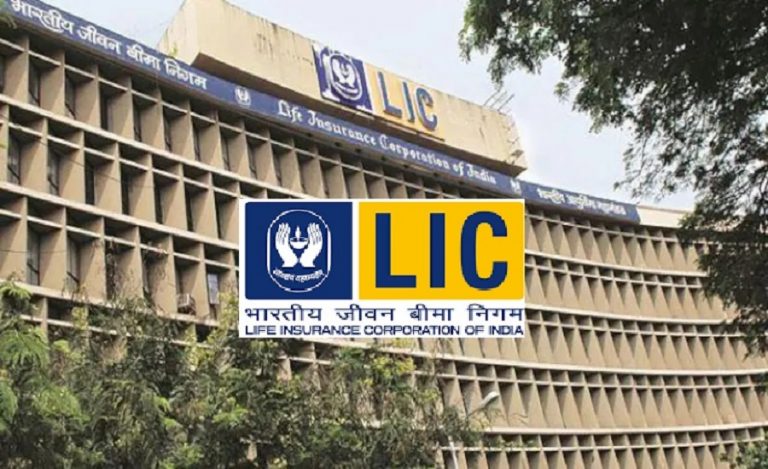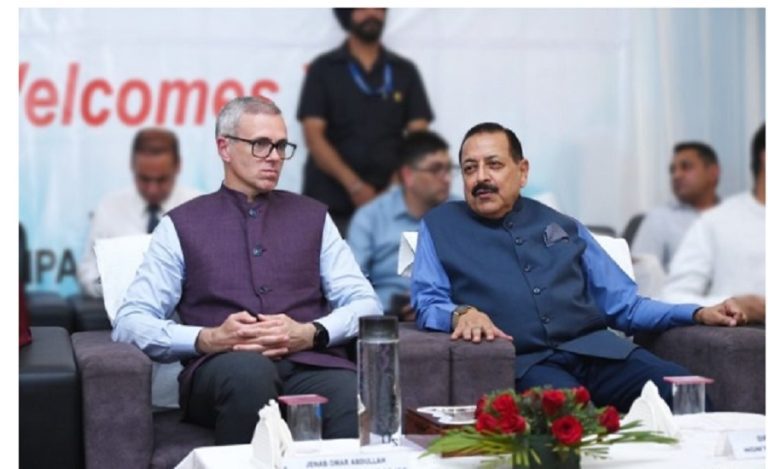A district in Arunachal Pradesh, Changlang, has been successfully managing the supply chain for local agricultural produce by bringing rural farmers and youth together to manage it through Community Based Organisations (CBOs). In order to overcome challenges of a scattered market, irregular demands, and transportation bottlenecks that impede farmers and entrepreneurs from getting the right value for their products, the district’s Changlang Community Resource Management Society (CCRMS) in collaboration with the North Eastern Region Community Resource Management Society (NERCRMS) formed the CBOs. At present, these CBOs are working towards enhancing the supply chain management at the district level and empowering the farmers in big ways.
Indian Masterminds interacted with IAS officer Devansh Yadav, who is the Deputy Commissioner of Changlang, to get more details about this initiative.

HOW CBO OPERATES
Replacing the chain of middlemen, the CBOs source raw spices such as ginger, turmeric directly from the individual farmers. This gives the farmers a ready platform to sell their produce at competitive market prices. As the raw materials are sourced directly from the field to the processing unit, their quality and freshness also remains intact, giving the final products an edge over the other competition in the market.
Mr. Yadav said, “We have formed Farmer Producer Organizations in every circle level. And in those organizations the same CBO people are members. And we have given them processing units. Somewhere jam is being made, somewhere soybean is being fermented or the juice is extracted, and somewhere spices are being made or there is a bakery. The farmers themselves are the producers of these units and sell them in the markets.”
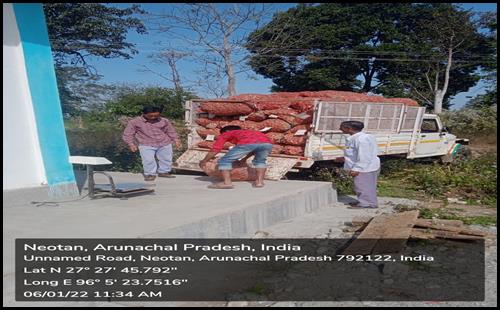
He further informed that they made the processing units from scratch with the help of the North Eastern Region Community Resource Management Project (NERCORMP). NERCORMP falls under North Eastern Council (NEC) and it promotes livelihood. “When we got funding, we decided to utilize it through food processing units (FPUs). Right now, products are being sent to a lot of places, both within and outside Arunachal Pradesh. We also send our products to Assam Rifles and the Railways.”
HELP FROM NABARD
Post-production and labelling, the products are marketed through networks of local vendors and through rural marts and haats of NABARD (National Bank for Agriculture and Rural Development). Adding to the campaign of ‘Vocal for Local’, the initiative is giving a major boost to the promotion of local products and strengthening the business eco-system at the district level.
Mr. Yadav said, “The role of NABARD has been that of training. Like, when you put up a unit for a product, they show how to run it. NABARD helped us in many places for that.”
RURAL MART
After the product is made, it is given to someone else to sell. “Other option is to sell them in wholesale by yourselves, that is why these rural marts exist. If you sell products yourselves, then you get an additional employment opportunity. We have made rural mart at three places. They all got funding from NABARD and we converged our locals CBOs with them and asked them to do the surface work,” Mr. Yadav informed.
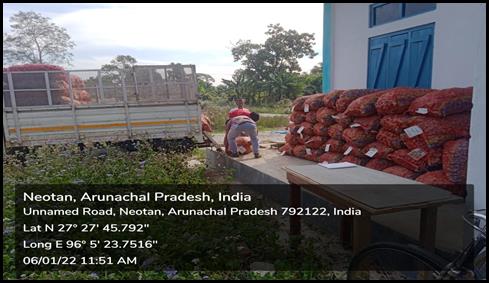
FARMERS BENEFITED
The officer told Indian Masterminds that more than 500 farmers are benefiting from this. There are around 25 units and around 10-20 farmers are associated in each one. Efforts are on to further enhance this initiative as the capacity increases. The initiative was started in late 2020.
YOUTH INVOLVEMENT
Local youth are being involved in the initiative in a big way. Mr. Yadav explained, “We call local youth who want to start their own business and ask them to work as CEOs in farmers’ FPUs. Many youths of Assam work in the food processing industry. The young people have brought an element of professionalism into the initiative.”

